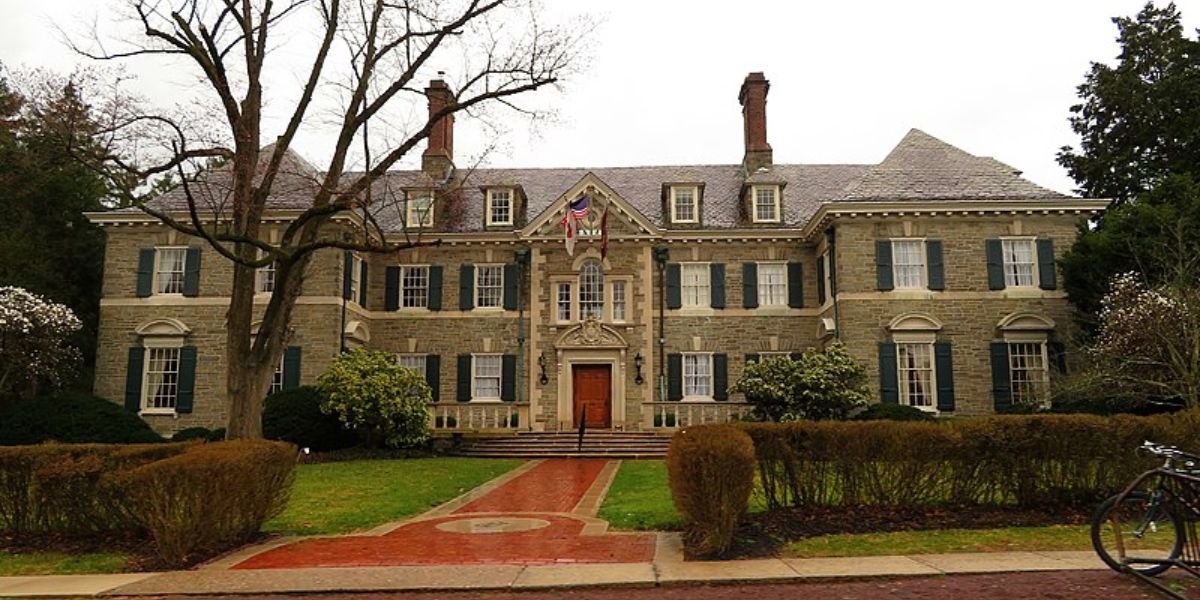Introduction
In today’s world, businesses and individuals alike strive for success in both their professional and personal endeavours. While these pursuits may seem worlds apart, the connection between creativity and strategy is often closer than one might think. This article explores the intersection of these two realms through the lenses of garden design in Berkshire and bid and proposal management—two seemingly unrelated fields that, upon closer inspection, reveal fascinating parallels in their approaches to success.
Garden Design in Berkshire: A Blend of Art and Nature
Berkshire, a picturesque county in South East England, is known for its lush landscapes, historic estates, and vibrant gardens. Garden design in Berkshire has long been an esteemed practice, blending the natural beauty of the region with human creativity to create stunning outdoor spaces. Whether for private residences, public parks, or corporate settings, garden design in Berkshire is an art form that requires careful planning, a deep understanding of the environment, and an eye for aesthetic harmony.
The Creative Process
At the heart of garden design is creativity. Designers begin by envisioning what the space could become, taking into account the client’s desires, the natural features of the land, and the overall purpose of the garden. This process involves a mix of imagination and practicality—choosing the right plants, materials, and structures to achieve the desired effect while ensuring the garden will thrive in its specific environment.
In Berkshire, garden designers often draw inspiration from the county’s rich history and natural beauty. Whether it’s incorporating traditional English garden elements, such as hedgerows and rose bushes, or creating modern, minimalist landscapes, the goal is to craft a space that is both beautiful and functional. The result is a harmonious blend of art and nature, where every element serves a purpose and contributes to the overall aesthetic.
Planning and Execution
Once the design is finalized, the execution phase begins. This is where the creative vision meets the realities of construction and planting. Just like in any project, careful planning is crucial. Garden designers must coordinate with landscapers, suppliers, and sometimes even local authorities to bring the design to life. The execution phase requires attention to detail, flexibility, and problem-solving skills, as unforeseen challenges often arise during the implementation.
Bid and Proposal Management: Strategy Meets Precision
While garden design is rooted in creativity and aesthetics, bid and proposal management is firmly grounded in strategy and precision. In the competitive world of business, winning contracts often hinges on the effectiveness of a company’s bid and proposal management process. This field involves crafting compelling proposals that not only meet the client’s requirements but also stand out from the competition.
Understanding the Client’s Needs
Just as a garden designer in Berkshire begins by understanding the client’s vision, a bid manager starts by thoroughly understanding the client’s needs and expectations. This involves careful analysis of the request for proposal (RFP) documents, identifying key requirements, and aligning the company’s strengths with what the client is seeking.
The bid and proposal management process is highly strategic. It requires a deep understanding of the industry, the competitive landscape, and the client’s specific challenges. The goal is to create a proposal that clearly communicates the value the company can bring to the project, addressing the client’s pain points and demonstrating why the company is the best choice for the job.
Crafting the Proposal
Creating a winning proposal is both an art and a science. It involves more than just answering the RFP questions; it’s about telling a compelling story that resonates with the client. This includes showcasing the company’s experience, expertise, and unique approach to solving the client’s problems.
Attention to detail is critical in bid and proposal management. A well-crafted proposal must be clear, concise, and free of errors. It should also be visually appealing, with a layout that is easy to navigate and highlights key information. Much like a well-designed garden, a successful proposal is the result of careful planning, strategic thinking, and meticulous execution.
The Intersection of Creativity and Strategy
While garden design in Berkshire and bid and proposal management may seem like vastly different fields, they share common principles that drive success: understanding the client’s needs, careful planning, creative problem-solving, and meticulous execution. Both require a balance of creativity and strategy, where the final product must not only meet practical requirements but also inspire and resonate on a deeper level.
In garden design, this means creating spaces that are both beautiful and functional, enhancing the natural environment while meeting the client’s vision. In bid and proposal management, it means crafting proposals that are not only technically sound but also persuasive and compelling, winning the trust and confidence of the client.
In conclusion, whether you’re designing a garden in the picturesque landscapes of Berkshire or managing a complex bid proposal, the key to success lies in the intersection of creativity and strategy. By blending these two elements, you can create outcomes that not only meet immediate goals but also leave a lasting impact.






















Leave a Reply